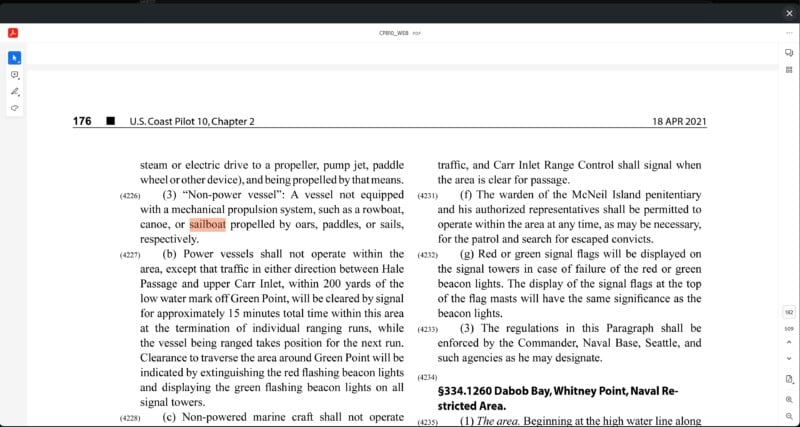FileShadow Update Makes It Easier for Photographers to Find Specific Images
![]()
FileShadow, the Utah based company known for its photography software as a service (SaaS) that allows users to store and organize photos and files from multiple devices, including desktop, mobile, and cloud, has announced enhanced person detection and custom object identification.
The FileShadow software connects photographers’ content from wherever those files are located into a virtual Library that can be managed and accessed from a desktop, browser, or mobile app. The newly announced features enable users to tag individuals or other items, such as a dog, horse, home, tree, etc., and make them searchable when organizing photos around those individual items or people.
According to the company, the person detection feature leverages advanced technology so users can tag faces in photographs. With this feature, users can select a photo in FileShadow and click “Detect Faces,” the app will then start to identify faces with a red outline box. Users can then click on one of the faces and assign a name/title to that face, at which point the system will add that name/title as a tag for future searches and tagging, which could be helpful in situations like weddings or event photography when asked to find a specific person in some of the photos captured on that day.
“FileShadow extends AI-based object identification,” says Tyrone Pike, FileShadow’s president and CEO. “FileShadow now can identify and name people in photographs. Of course, everything is searchable, so finding people later will be easy. FileShadow also provides a way to create custom regions so objects in a photograph like horses, dogs or buildings can be named.”
![]()
The feature is beneficial for creating collections of a specific person from your library, no matter how extensive the library is. The company says it can also help photographers organize images from a photo shoot, gather and group images associated with a specific event, and even label names of buildings or animals. While the system can identify faces like portrait face identification in a camera, it does not perform facial recognition and search for photos of that face. Faces need to be tagged to create future searches, and for security reasons, face tags are available only for the account owner.
The new update also improves how users post content through the FileShadow Website Collection Manager, which allows Website Collections to be shared with anyone, regardless of where they are located or using FileShadow. Users inside or outside the FileShadow system can contribute files to Website Collections.
“FileShadow is also changing the way metadata is shared with other applications,” Pike explains. “We recognize that historians, photographers and service professionals use several applications to get and stay organized. When they identify a person, add a description, or set a geolocation, that information is written to the file when downloaded and available for other applications.”
![]()
Additionally, FileShadow has been working with the Family History Metadata Working Group (FHMWG) over the past year to help enable the consistent capturing, sharing, interoperability, and preservation of family history metadata in digital media. Together, the group has created the site SaveMetadata.org to document its efforts toward defining the minimum metadata required for family history purposes.

The company says that using machine learning, FileShadow can provide superior indexing and searching capabilities, allowing users to quickly find any file with advanced search features such as file content, OCR of PDFs, and GPS location and image searches. The software is hosted on Google Cloud, with storage provided by Wasabi’s Hot Cloud Storage, which provides “11 nines” of durability for optimal file protection.
![]()
The FileShadow software is available in packages ranging from $9 (10,000 images) up to $90 (200,000 photos) per month with discounts available if paid for an entire year.
Image credits: FileShadow